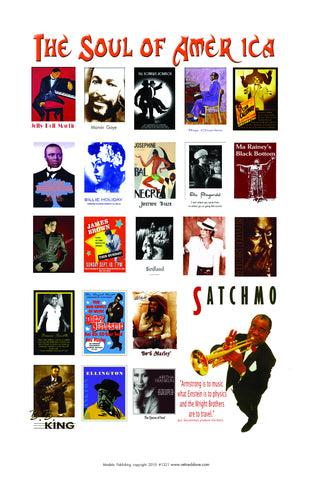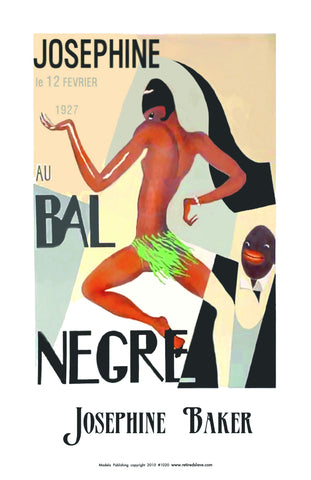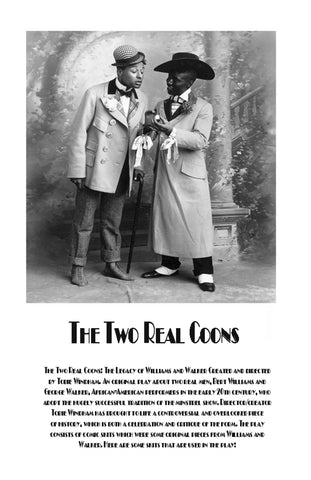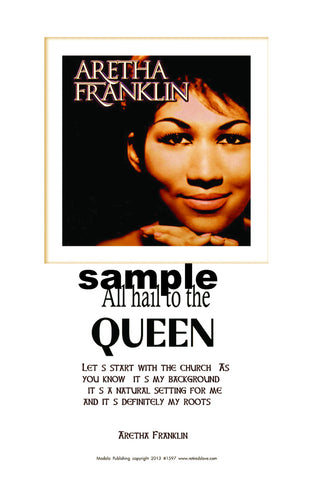Robert Johnson #1257
$ 8.00
Caption from poster__
Robert Johnson
Robert Johnson is perhaps the greatest
figure in the history of the blues. Although
he only recorded 29 songs in his career,
he influenced not only the blues musicians
of the generations that followed him, but rock
musicians from the Rolling Stones to Eric
Clapton, who feels that "Robert Johnson is
the most important blues musician who ever
lived. I have never found anything more
deeply soulful. His music remains the most
powerful cry that I think you can find in the
human voice. " Rock critic Dave Marsh
believes "Johnson's salty sexuality and
sense of fear and disaster are a crucial
part of vocal black music's heritage, up
to and including today's rap and hip-hop."
Robert Johnson
“ King of the Delta Blues Singers.”
In Robert Johnson's short and colorful life, he recorded several of the Blues songs which have made him famous. Fortunately, these recordings survive today, and allow us to discuss the lyrics and the stories behind them. Johnson capitalized on the story that he had sold his soul to the Devil in order to play guitar better than anyone else, in part by emphasizing in his lyrics themes of damnation and of lost souls, especially in Crossroad Blues. In Me and the Devil Blues, Johnson shows he expects his soul to find no rest after he is gone; in the last verse, he sings, "You may bury my body down by the highway side/[spoken: Baby, I don't care where you bury my body when I'm dead and gone]/You may bury my body, ooh, down by the highway side/So my old evil spirit can catch a Greyhound bus and ride." He often states that he expects his life to be short; in Rambling on My Mind, he sings, "I believe my time ain't
long." His music is what is killing him; in Preachin' Blues (Up Jumped the Devil), he sings, "the blues is a low-down achin' heart disease/Like consumption killing me by degrees." But not all of Johnson's music is so grim. In From Four 'Till Late he philosophizes, "A man is like a prisoner and he's never satisfied/A woman is like a dresser, some man always ramblin' th'ough its drawers." Johnson's songs capture the complex traditions which became the Blues: African (especially Yoruban) legends of meeting Legba at the crossroads, European traditions about the crossroads as a mystical place, Judeo-Christian beliefs about the soul, Mississippi Delta spiritual traditions, and, of course, the complicated African, European, and American musical strains behind the music.




